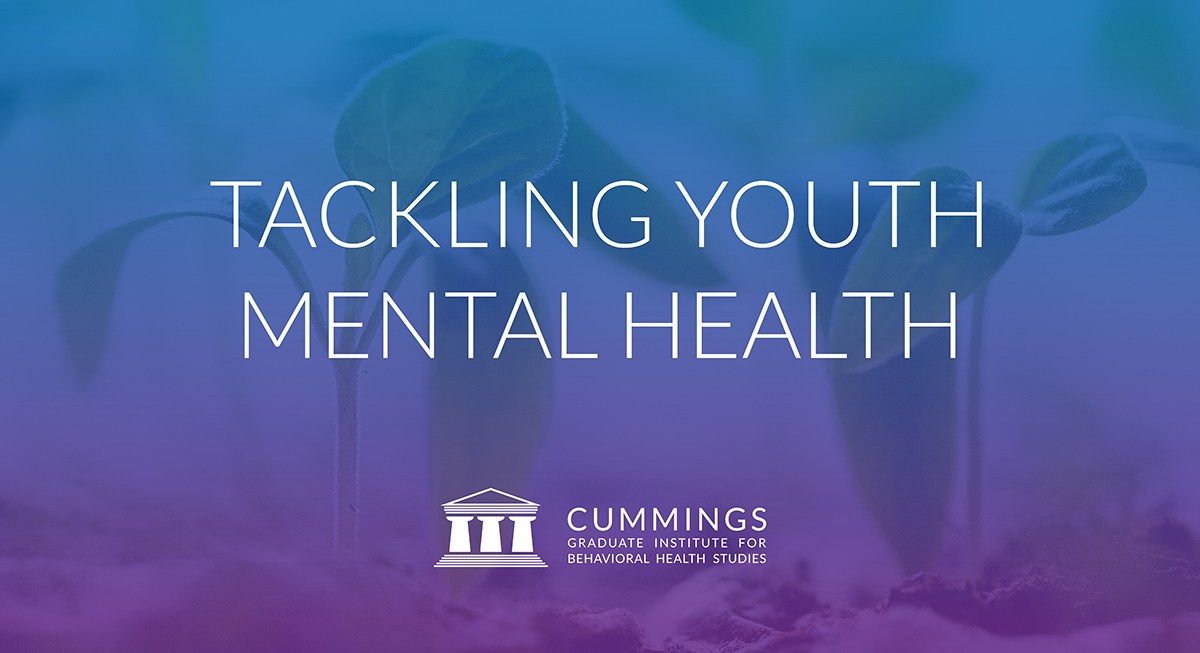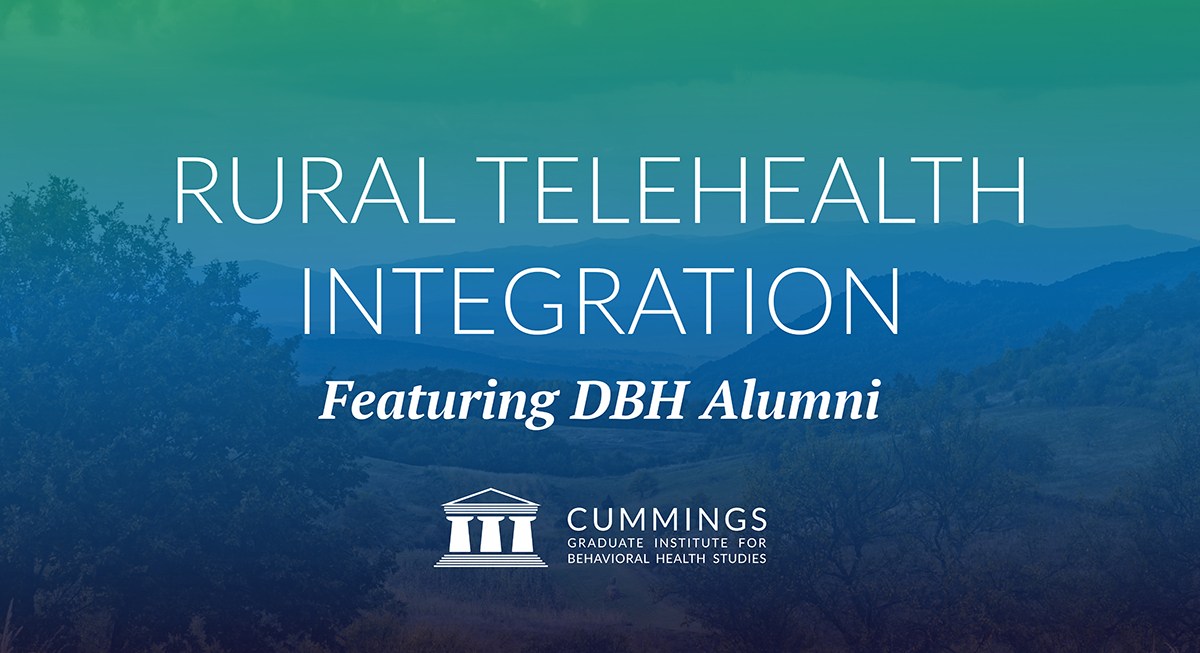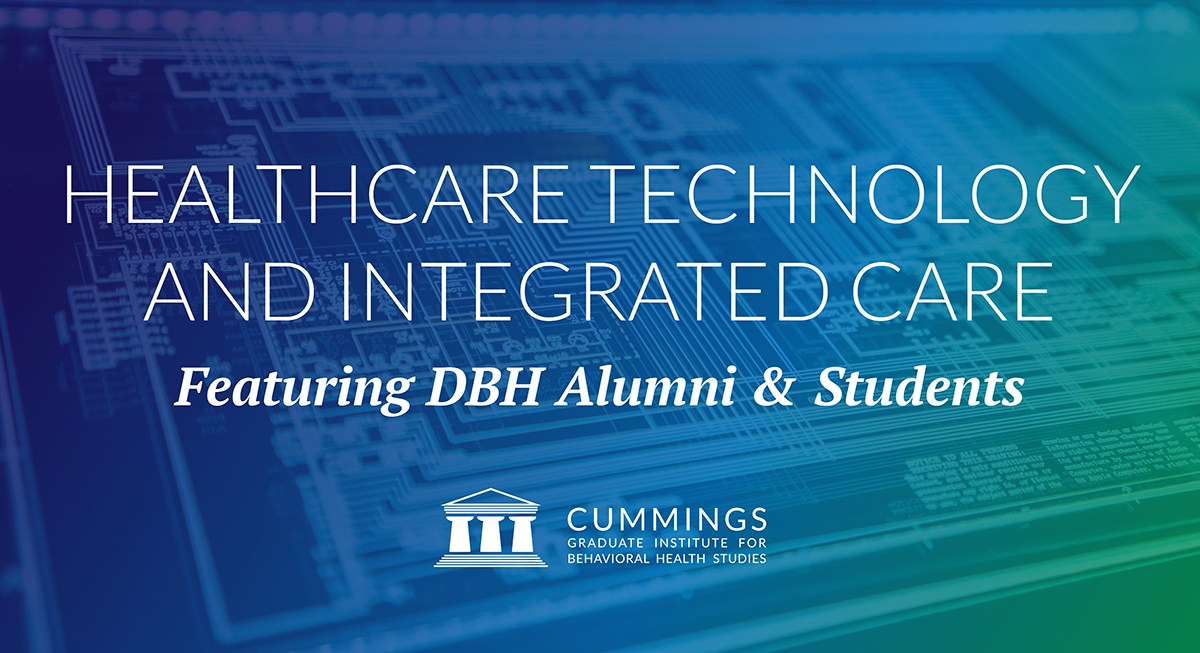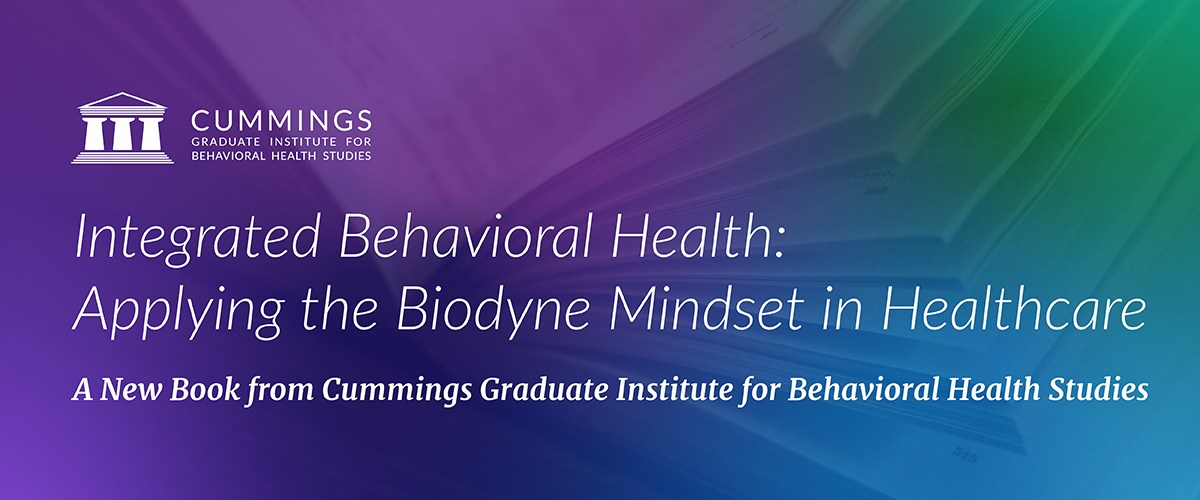 Integrating Community and Care: Dr. Allison Earl’s Post DBH Journey and Impact
Integrating Community and Care: Dr. Allison Earl’s Post DBH Journey and Impact
November 13, 2024
Dr. Allison Earl, a Doctor of Behavioral Health and Licensed Professional Counselor in Oklahoma, brings a wealth of expertise to her patients at Hands To Guide You and to the field of integrated behavioral health. She holds a master’s degree in Human Relations in Counseling from the University of Oklahoma and earned her doctorate at Cummings Graduate Institute for Behavioral Health Studies (CGI), specializing in trauma-informed care, women’s health, and integrated care. Dr. Earl is especially known for her work with Autism Spectrum Disorder across all ages and her holistic approach to healthcare, aiming to treat the whole person rather than just addressing symptoms. Certified as both a Clinical Trauma Professional and Autism Spectrum Disorder Clinical Specialist, she has shared her expertise as a guest on various podcasts. Honored as a Designated Woman of Distinction in 2020, she has also made significant contributions to the field through her publications, including Trauma, Pregnancy, and the Brain: A Clinical Pathway and Trauma and an Autism Diagnosis, along with a paper on psychedelics in mental health, which contributed to a psychopharmacology module. In this interview, Dr. Earl shares insights on her DBH experience and how the program has impacted her career since graduating from CGI.
How has graduating from the DBH program influenced your approach to addressing behavioral health challenges and making a difference in the field?
By becoming a DBH, I have found that I am able to have different conversations with different people. Before having my doctorate degree, I was able to speak to certain items in behavioral health, but was only seen as a licensed therapist where as a doctor, I am able to speak to the changemakers and policy makers in a more collaborative manner which then allows us as a group to enhance the services we are providing. I also found that as a DBH, my confidence in the treatment room has improved immensely and cases that may have been more difficult for me before are no longer as difficult due to the training I have received in the program.
What are your primary professional interests within the realm of behavioral health, and how do these align with your career goals?
My primary professional interests are to be the gold standard provider for women’s behavioral health and Autism diagnosis and treatment across all age ranges not only in Oklahoma but across the US. These align with my career goals as all of my published works and most of my podcast appearances allow me to reach a larger audience and offer my expertise in behavioral health and treatment.
Can you share a memorable experience or turning point in your DBH journey that shaped your perspective on integrated care?
I will never forget when I was training as a candidate and my mentor had taken me across the street to one of the largest hospitals in our area to learn how to collaborate and do warm handoffs. It was probably the following week and we got a call from labor and delivery at the hospital and my mentor directed me to put on my white coat (Master’s level) and go treat the patient on my own. It felt so much like being thrown to the fire, but it also made me be on my game 100% of the time. When in community mental health, I have learned that you must be comfortable treating everything that walks through the door and if you are not, staffing cases appropriately and often will lead to you becoming even more of an expert in the room.
What impact do you hope to make with your DBH degree?
One way I would like to create positive changes in behavioral health and in my community is to work more with the school systems on a referral basis. I also would like to offer more mental health training for other professions so they are better able to assist their employees if/when the employees are struggling with a mental health/behavioral health related issue. Lastly, I would like to decrease the amount of patients being seen in the hospital/ER setting for behavioral health needs versus physical health needs.
What motivates you to advance within the integrated care behavioral health field?
My drive and motivation come from wanting to be the best in my field. I love what I do. I love treating patients and teaching other providers such as my interns or candidates. I believe I am meant to train the next wave of experts so they may take over when my time in the field comes to an end. I also want to make an impact on my patients and when I see how much I help them, it continues to make me want to come to work everyday to change lives and save lives.
What advice would you give to prospective students or professionals considering the DBH program?
My advice would be: you get what you give to the program. The program offers very diverse knowledge and utilizing it in a way that benefits the person and their patients/clients/students/etc is the turning point in the program. Find your passion and pursue it with tenacity and you will become the expert you aspire to be.
Dr. Alison Earl’s journey and commitment to integrated behavioral health highlight the profound impact a Doctor of Behavioral Health can make on both individual patient care, their community, and the healthcare field as a whole. Her commitment to treating the whole person, pioneering new approaches in women’s health and autism care, and her passion for sharing knowledge with the next generation of professionals underscore her dedication to improving patient outcomes and leadership in the field. Through her work and advocacy, she continues to elevate the standards of behavioral health care, inspiring others to pursue meaningful change and deeper integration within healthcare systems. Dr. Earl’s story serves as an inspiring testament to the profound difference skilled, compassionate leaders can make in shaping a more holistic, responsive approach to integrate healthcare.
Connect with Dr. Allison Earl
LinkedIn: Dr. Allison Earl
Hands To Guide You: https://www.h2gy.com/
Dr. Allison Earl Shares What She Hopes to Achieve as a DBH
Learn More About Dr. Allison Earl’s DBH Culminating Project Research
Dr. Earl’s DBH culminating project was entitled Women’s Health Solutions, LLC: A trauma-informed women’s health initiative. The entrepreneurial-focused project is an all-encompassing program designed to start at the beginning of a patient’s confirmation of pregnancy through at least one year postpartum.
Check Out Dr. Allison Earl on the Disruptors at Work Podcast
 Disruptors at Work: an Integrated Care Podcast, Episode, Tackling Youth Mental Health with Dr. Allison Earl, DBH, LPC-S and Dr. Rebecca Wright, DBH, LBA, BCBA, QBA.
Disruptors at Work: an Integrated Care Podcast, Episode, Tackling Youth Mental Health with Dr. Allison Earl, DBH, LPC-S and Dr. Rebecca Wright, DBH, LBA, BCBA, QBA.
 Disruptors at Work: an Integrated Care Podcast, Episode, Ask a DBH: Rural Telehealth Integration with Dr. Allison Earl, DBH, LPC-S and Dr. Amanda Barnard, DBH, LCSW, MSW.
Disruptors at Work: an Integrated Care Podcast, Episode, Ask a DBH: Rural Telehealth Integration with Dr. Allison Earl, DBH, LPC-S and Dr. Amanda Barnard, DBH, LCSW, MSW.
 Disruptors at Work: an Integrated Care Podcast, Episode, Ask a DBH: Healthcare Technology and Integrated Care with Dr. Allison Earl, DBH, LPC-S, Shadiase Jack, LCSW-C, and
Disruptors at Work: an Integrated Care Podcast, Episode, Ask a DBH: Healthcare Technology and Integrated Care with Dr. Allison Earl, DBH, LPC-S, Shadiase Jack, LCSW-C, and
Jeremy Henderson-Teelucksingh, MHR, M.A., LPC/MHSP, NCC/CCMHC.
Dr. Allison Earl Contributes to Upcoming Book: Integrated Behavioral Health: Applying the Biodyne Mindset in Healthcare
 Cummings Graduate Institute for Behavioral Health Studies (CGI) is proud to announce the upcoming release of the groundbreaking new book, Integrated Behavioral Health: Applying the Biodyne Mindset in Healthcare, set for publication in January 2026. This new book builds on the foundation laid by Dr. Nicholas A. Cummings and Dr. Janet Cummings, renowned psychologists and co-founders of both the Doctor of Behavioral Health (DBH) degree program and CGI, who previously introduced the influential Biodyne Model in their seminal work Refocused Psychotherapy as the First Line Intervention in Behavioral Health.
Cummings Graduate Institute for Behavioral Health Studies (CGI) is proud to announce the upcoming release of the groundbreaking new book, Integrated Behavioral Health: Applying the Biodyne Mindset in Healthcare, set for publication in January 2026. This new book builds on the foundation laid by Dr. Nicholas A. Cummings and Dr. Janet Cummings, renowned psychologists and co-founders of both the Doctor of Behavioral Health (DBH) degree program and CGI, who previously introduced the influential Biodyne Model in their seminal work Refocused Psychotherapy as the First Line Intervention in Behavioral Health.
Read Dr. Allison Earl’s Article on How to Manage News Anxiety
 We have all had those days where it seems like all we see and hear about in the news is negative. We all know that we need to move past only focusing on the bad news that we see. With so many different points of view, it can be challenging to know what are good sources and which are bad ones. For those who fall either far left or far right, they have the particular news outlets they prefer to follow due to their belief system and political affiliation.
We have all had those days where it seems like all we see and hear about in the news is negative. We all know that we need to move past only focusing on the bad news that we see. With so many different points of view, it can be challenging to know what are good sources and which are bad ones. For those who fall either far left or far right, they have the particular news outlets they prefer to follow due to their belief system and political affiliation.





























